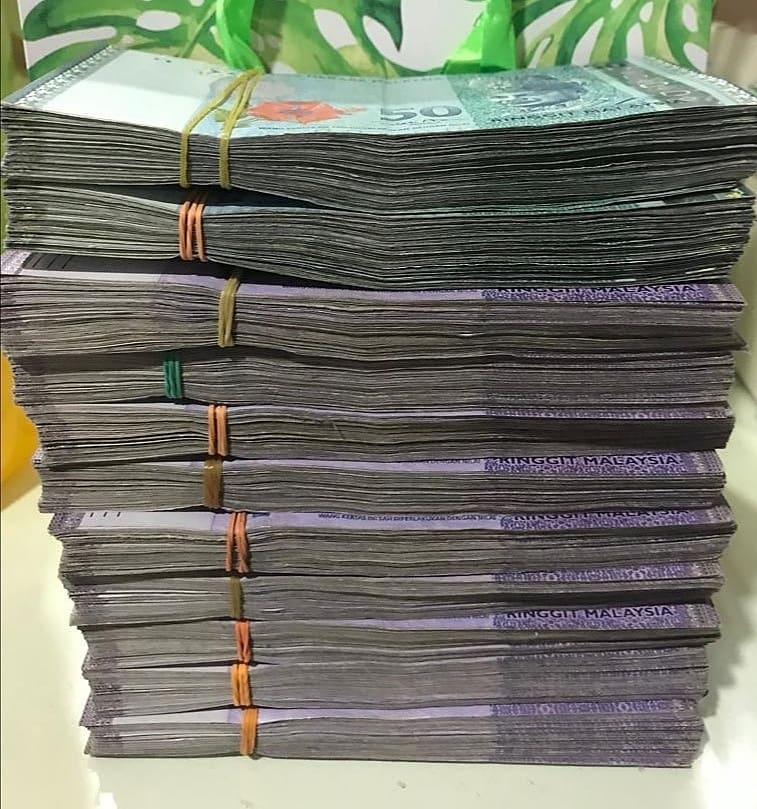WEEKLY MARKET ANALYSIS BY MANOKARAN MOTTAIN
THE local equities market bounced back during the week on bargain hunting activities among the large cap stocks as concerns over a potential global banking crisis eased in the face of decisive action by the central banks in the US and Europe to stem any further deterioration to the sector and restore confidence among the public in the banking system.
The benchmark KLCI Index ended the week on a higher note at 1,422.59 points (+22.89 points or +1.63%).
However, the average daily value continued to contract despite the market rebound as it fell by 13% on a weekly basis to RM1.67 billion per day from RM1.92 billion per day last week and indicates the risk off sentiment among investors.
Last week’s trading value was almost 21% below the past 100-day average daily trading value of RM2.11 billion per day.
In the bond market, US bond yields rebounded back as bond fund managers start to temper their optimism over potential interest rate cuts occurring in the 3rd quarter of 2023. Consequently, profit taking activities occurred throughout the yield duration curve as bond fund managers start discounting the view that a recession will result in an accompanying sharp drop in inflation.
However, with inflationary pressures and the labor market both remaining robust, interest rate cuts are unlikely to occur in 2023. Meanwhile, the personal consumption expenditure price index (excluding food and energy) rose 0.3% in February 2023, which was a slower rate than 0.5% in January 2023 and slightly below market expectations of a 0.4% increase.

The 10-year US Treasury (UST) yields rebounded back to end the week 10 basis points higher at 3.47% from 3.37% in the previous week. This increased the total yield gains over the past 31 weeks to 43 basis points.
The UST 2-year yields skyrocketed by 28 basis points to 4.04% from last Friday’s close of 3.76%. This extends the yield curve inversion between the UST 2-year and 10-year notes into its 38th consecutive week and widened the yield spreads to -57 basis points from -39 basis points last week.
MGS bond yields also rose in response to the sharp rebound in the UST yields. The 10-year MGS bond yields rose 4 basis points to 3.91% from 3.87% last Friday. Yield spreads between both countries’ 10-year bonds have narrowed slightly to 44 basis points from 50 basis points last week.
ECONOMICS
Bank Negara Malaysia (BNM) expects Malaysia’s gross domestic product (GDP) to grow between 4% - 5% in 2023 underpinned by strong consumer spending as the job market and wages continued to show signs of improvement. It added that inflation for 2023 is forecasted to come in between 2.8% to 3.8%. BNM expects price controls and subsidy measures to contain inflationary pressures.
However, it cautioned that a prolonged war between Russia and Ukraine, further weakness of the Ringgit, adverse weather conditions and stronger-than-expected demand from China could still cause inflationary levels to remain elevated.
In a separate development, BNM disclosed that the activity in the housing market continued to be robust in 2H2022 with property market transactions continuing to hover above the pre-pandemic levels in 2H 2022, primarily driven by transactions for purchasing properties priced at RM500,000 and below.
BNM added that property market is expected to sustain its recovery momentum, backed by a gradual improvement in income, business conditions and policy measures such as the extension of the full stamp duty exemption for properties priced at RM500,000 and below and 75 per cent stamp duty discount on properties priced above RM500,000 to RM1 million.

However, the housing market continues to face downside risks arising from persisting demand and supply imbalances. The number of unsold housing units remains high due to the price levels that are beyond the affordability of households but the slow take-up rate of these units is not expected to materially depress broader house prices, given that there are no significant concentrations of these units in key areas or projects.
The incoming supply of newly launched residential properties continued to shift towards the mass market segment, with 44.3% of properties priced at RM300,000 and below as compared to 38.4% in 2021 and an average of 35.2% from 2015-2019.
Financing activity for purchasing residential property also improved in line with market activity, and loan applications increased in 2H 2022 across all price ranges with the overall loan approval rate recovering above its pre-pandemic average level of 76.4% (2021: 73.4%; 2015-2019 average: 75.9%).
The Securities Commission (SC) disclosed that Malaysia’s capital market in 2022 rose to RM3.6 trillion from RM3.5 trillion in 2021. It added that the capital market remained resilient and orderly in 2022 against an increasingly pessimistic global economic outlook and tighter global financial conditions.
Total funds raised in the capital market rose to RM179.4 billion in 2022 from RM131.3 billion in 2021, of which RM153.3 billion was raised via the corporate bond market with the remaining RM26.0 billion through the equity market.
SC said the domestic equity market was affected by persistent headwinds globally and domestically. Both Bursa Malaysia and the FBM KLCI’s market capitalisation moderated to RM1.74 trillion and RM1.03 trillion respectively in 2022 from RM1.79 trillion and RM1.04 trillion in 2021.
The average daily trading volume in 2022 also fell to 3.00 billion (2021: 5.85 billion), valued at an average of RM2.18 billion per day (2021: RM3.66 billion).
The fund management industry was similarly affected as it experienced weaker market valuation and net redemptions in 2022, with asset under management falling to RM906.5 billion versus RM951.1 billion in 2021.
Meanwhile the Malaysian bond market grew to RM1.9 trillion in 2022 from RM1.7 trillion in 2021, reflecting higher levels of bond and sukuk fundraising in the market.

CURRENCY
The Ringgit’s performance against the major currencies last week was mixed as the cautious sentiment in the equity and bond markets persisted. The Ringgit ended the week marginally higher against the US Dollar at RM4.4205 / USD1.00 (-0.55sen) and the Japanese Yen RM3.3860 / JPY100 (-6.5sen).
However, the local currency lost ground against the British Pound at RM5.4696 / GBP1.00 (+6.46sen), the Singapore Dollar at RM3.3264 / SGD1.00 (+0.50sen) and the Euro at RM4.8041 / EUR1.00 (+4.26sen).
MY OPINION
The local equities market performed as expected last week but the strength of its rebound was relatively weak as it was achieved despite a sharp decline in trading value.
Therefore, I expect volatility to continue in the local stock market in the coming week as the direction will largely be dictated by news flow. As such, the KLCI is likely to trade between its key support level of 1,400 points and 1,430 points in the coming week.
The performance of the US bond market last week indicated that bond fund managers are adjusting their overly optimistic expectations on inflation and interest rates cuts. From these levels, US Treasuries yields are likely to trend slightly higher in the coming weeks as it start to factor the probability of a final 25 basis points rate hike in May 2023. Therefore, I believe the 10-year MGS yields could move back to the 4.00% level soon.
The performance of the Ringgit was within expectations last week. Going forward it is likely to continue to trade between RM4.38 - RM4.48 in the coming week in the absence of any major catalyst or news flow expected over the coming week. - DagangNews.com










